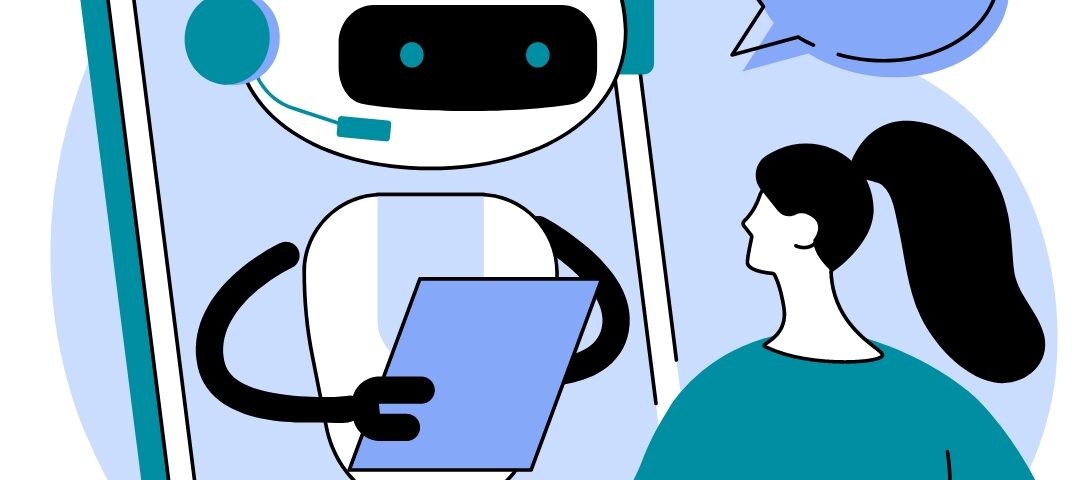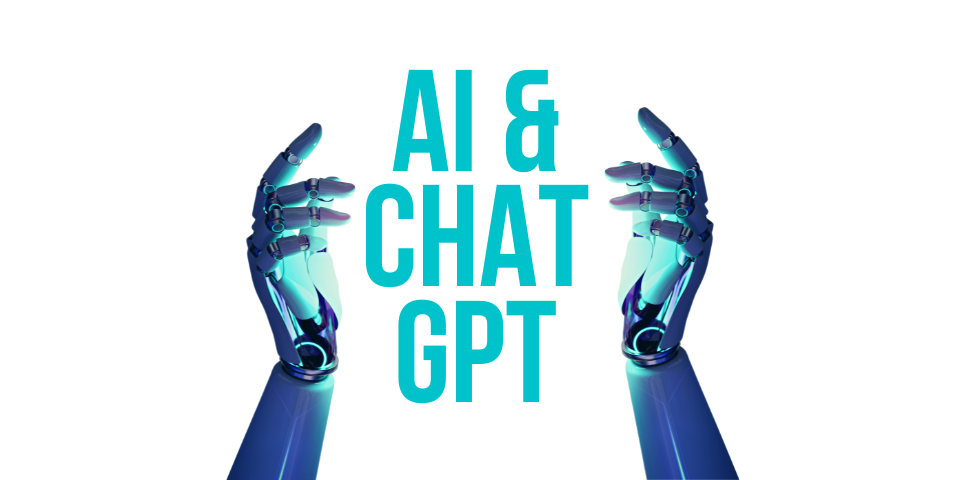ChatGPT And the Future of Business
ChatGPT And the Future of Business

The world was taken by storm when Microsoft-backed OpenAI released ChatGPT last year in December. Curiosity, concerns about it replacing humans, and debates about its limitations have arisen. Whatever the scenario, the business world knows that Generative AI is set to disrupt almost all kinds of industrial verticals.
Be it Sales, Marketing, HR, Recruiting, or Real Estate, ChatGPT has the potential to turbocharge all kinds of industries. How? Here are a few cases:
-
Streamline Operational Processes
Automation has been a blessing that helps optimize workflows. AI-backed automation, like bots for online shopping, has been a big help. But now, with the help of ChatGPT, businesses can look forward to automating various departments like human resources, sales, accounting, social media, and more.
ChatGPT can be used to streamline operations. For example, it can replace manual data entry, improve productivity, reduce costs, improve data accuracy, reduce risks, help schedule appointments, improve business efficiency, and more.
-
Individualized Customer Experience
ChatGPT helps offer personalized attention and engage with customers. Chatbots are present 24×7, round the clock, to provide customer support. Businesses have been able to successfully replace their customer care executives with bots to make the process seamless.
This is because ChatGPT can give real-time responses to customer queries. It is coded to create personalized suggestions based on the history of customers’ behaviors. Alongside, it collects data about the customer that help in ad targeting, creating effective marketing campaigns, or making crucial business decisions.
-
Fuel Innovation
In biopharma, scientists can use ChatGPT to create candidate molecules to treat different diseases. Engineers can use ChatGPT to make custom-made materials with properties like tensile strength and more. Software developers can ask ChatGPT to create apps with no code/low code model.
-
Sales & Marketing
For different industries, ChatGPT can be used to automate sales-centric processes like lead generation or lead qualification. Potential customers can be identified by the AI model, offering critical business insights into how to engage these prospects and target them. To add to it, ChatGPT can help marketers automate email marketing campaigns, through which personalized emails can be sent to customers.
-
Recruitment
ChatGPT can be helpful for recruiters in automating the pre-interview processes like reviewing and screening resumes, conducting initial interviews, and answering candidate queries. As a result, businesses can derive crucial information about candidates and make informed decisions. So it is no surprise that AI models are transforming the recruiting gamut.
Gone are the days when only candidates had aspirations to work with certain companies. Today, talented candidates have no shortage of offers. But alternatively, businesses find sourcing skilled candidates one of the biggest challenges. So when candidates are identified, recruiters need to jump into strategic marketing mode. Thus, the term ‘recruiting marketers’ has taken birth.
What does a Recruiting Marketer do?
A recruiting marketer focuses on creating distinct job adverts so that it stands out to attract the right talent. From ensuring that the correct advert copy is prepared to ensuring that the advert is SEO-friendly so that candidates can find it, there’s much to do. The person also ensures reach through social media and prepares blogs to nurture brand awareness in the recruitment market.
The recruitment marketer, therefore, needs to be highly tech-savvy. They need to be well-versed in the different touchpoints, from phone to social media, in-person interactions, blogging, phone, SEO, copywriting, emailing, etc.
ChatGPT & web 3.0
Web 3.0, or Web3, built on blockchain technologies, is the 3rd generation WWW. ChatGPT is one of the tools that can help educate new users about Web3. For a new user, navigating the world of Web 3.0 can be challenging. For example, a single transaction on DEX like Uniswap v3 involves using liquidity pools, wallets, seed phrases, and more. This can be challenging for a first-time user. For Web 3.0, this can be one of the major bottlenecks. ChatGPT can become a mentor teaching the user through analogies, sonnets, or directing to blogs because ChatGPT is an original content creator.
Back in the day
Back in the early 2000s when I was selling offsite data storage, CIOs would look at me, almost in disbelief, and say, “So, you want me to take our data and put it into the cloud” before they started laughing (seriously). Fast Fwd to 2023, if you’re not currently upgrading your legacy system to the cloud, you’re falling behind. If you’re not capturing data, from unstructured to structured – you’re falling behind. If you’re not utilizing your data to make informed decisions, you’re toast. Moral of the story – don’t be afraid of change, but be afraid of not changing. The same logic applies to adopting AI and ChatGPT . Anyone who tells you about their apprehensions, keep them away. ChatGPT is here to stay, bringing in unfathomable reforms.
Unfathomable reforms
While we’re discussing unfathomable reforms, and the friction that society can’t help to unleash. We will jump into the Metaverse another time, and why Mark Zuckerberg is the true genius among us. While the media is fascinated with EVs, launching expensive rockets to nowhere and one day inhabiting Mars (which will likely never happen). The Metaverse will bring significant, tangible change to humankind.
At last, ChatGPT and its impact on business will depend on how effectively businesses can adopt this technology and make it a part of their operations. When they do, there’s a lot to gain!




